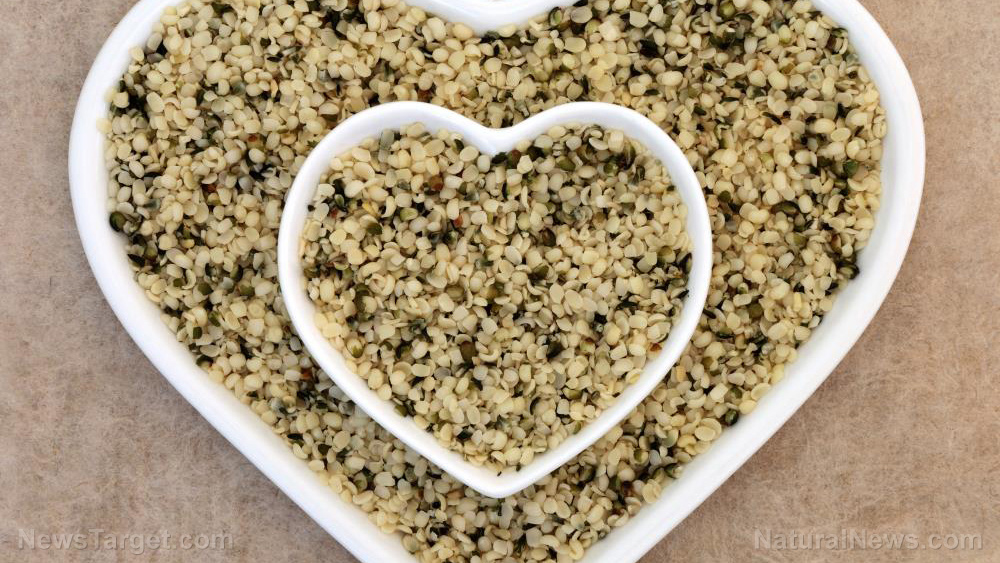Obese people can reduce the amount of oxidative stress in their body by taking apple cider vinegar
12/03/2018 / By RJ Jhonson

You probably know by now how useful apple cider vinegar can be but did you know that you can also use it to lower your risk of cardiovascular disease if you are obese? A study published in the Journal of Medicinal Food says taking apple cider vinegar can reduce the damage caused by oxidative stress in obese individuals, reducing your likelihood of developing serious health conditions.
Oxidative stress is one of the worst enemies of anyone struggling with obesity. Over time, you accumulate free radicals as a natural byproduct of your body’s natural processes, although external factors may also contribute to their increase. Free radicals are highly reactive molecules that damage your cells.
Your body has built-in measures against free radicals, but the combination of disease, a less-than-ideal environment, and unhealthy habits can weaken your body’s response and cause free radical numbers to go out of control. When they become too much for your body to handle, oxidative stress develops. Oxidative stress is linked to many serious health conditions, including Alzheimer’s, cancer, and cardiovascular disease.
Obesity can worsen oxidative stress. Free radicals are produced in large numbers in fat cells, which means obese individuals are more likely to develop any of the diseases linked to oxidative stress than people with normal weight. Studies over the years have proven this much – it has been established that obesity increases one’s risk of having cardiovascular conditions later in life.
Antioxidants are the best way to counter free radicals and mitigate the impact of oxidative stress. These nutrients, often found in plants, convert free radicals into harmless substances that your body can either use or expel. While natural antioxidants — the ones you get from vegetables and fruits — are good for your body, synthetic ones — such as those you obtain from supplements — may be risky. For instance, some synthetic antioxidants are linked to cancer.
The authors of the study decided to test if a daily dose of apple cider vinegar would affect the risk of cardiovascular disease in rats with high-fat-diet-induced obesity. They noted that the administration of apple cider vinegar lowered parameters that previously indicated a high likelihood of cardiovascular conditions in the animals. These included serum total cholesterol and triglyceride levels.
Furthermore, the apple cider vinegar caused reductions in oxidative damage which, by the time of treatment, had already begun because of the animals’ obesity. This was shown in reductions in concentrations of malondialdehyde, a chemical indicator of oxidative stress. The level of antioxidants in the animals’ bodies was also noted to have increased, indicating a potential reversal of oxidative stress. Lipid peroxidation, the degradation of fat cells, was also observed.
Because of these findings, the researchers concluded that apple cider vinegar may be an effective aid for obese individuals who need to lower their levels of oxidative stress, attenuate oxidative damage, and even reduce the risk of heart disease. (Related: Apple cider vinegar for acne? Folk remedy actually works better than chemicals.)
Fast facts about apple cider vinegar
Here are some facts you need to know about apple cider vinegar:
- It is made from apples and water – It is produced by crushing apples and letting them ferment in water.
- It may just last forever – Like other types of vinegar, apple cider vinegar has an extremely long shelf-life. There is a good chance you may never see it go bad at all. Even when it has changed color, it would still be safe to use.
- It is almost calorie-free – A tablespoon of apple cider vinegar gives you just three calories. It does not contain carbohydrates, proteins, fiber, or fat, making it a great and guilt-free way to add flavor to your food.
- It can reduce blood sugar spikes – One study revealed that when eaten with complex carbohydrates, apple cider vinegar can reduce blood sugar spikes by 20 percent compared to a placebo.
- It may help treat yeast infections – One case study discussed how doctors treated a woman’s yeast infection using topical applications of apple cider vinegar. But considering the risks of applying anything too acidic on the vagina, it would be wise to ask for your doctor’s recommendation before using apple cider by yourself.
Learn about natural remedies for different health conditions at Remedies.news.
Sources include:
Tagged Under: antioxidant, apple cider vinegar, cardiovascular disease, food as medicine, heart health, obesity, synthetic antioxidant




















